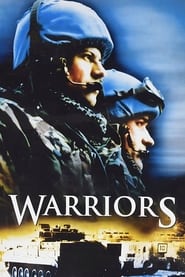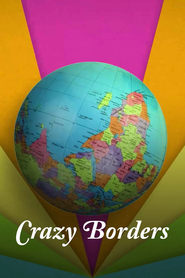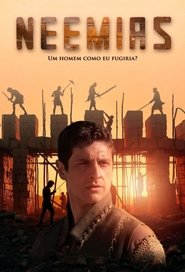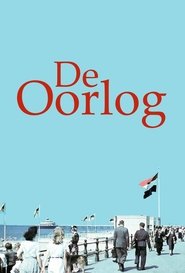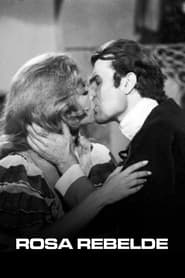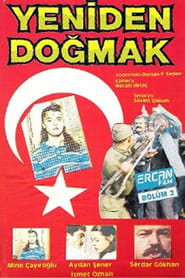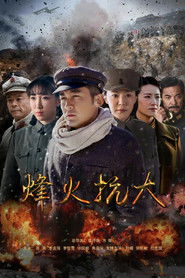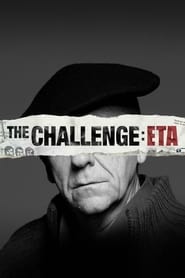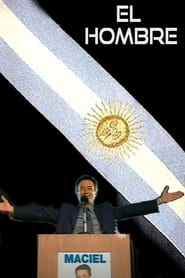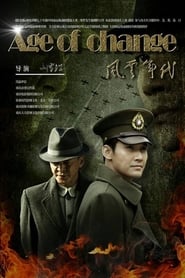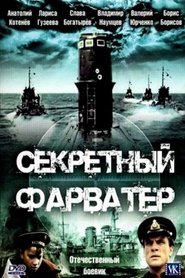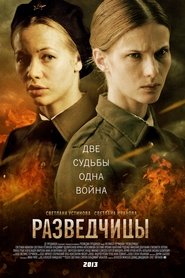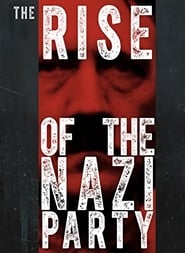Popular War Politics TV Series on Pantaflix - Page 82
-
Warriors
1999
Warriors
1999
star 9The series tells the story of a group of British peacekeepers serving in a peacekeeping operation of the UNPROFOR in Vitez, in Bosnia during the Lašva Valley ethnic cleansing in 1993. -
Female Spies: Courage and Espionage in WWII
2024
star 7.7It's a little-known part of World War II history: in the Allied secret services, one in ten spies was a woman. A look back at the journeys of these women of exemplary bravery, who, risking their lives, played a decisive role in supporting the Resistance. -
Crazy Borders
2022
Crazy Borders
2022
Enclaves, loaned territories, disputed areas and microstates: This is the series that looks at places with absurd borders. -
Neemias
2024
Neemias
2024
-
Battle of Tongues
2013
Battle of Tongues
2013
star 9.5A high-quality news review program where panels from various backgrounds with diverse perspectives review issues without reservations; a battlefield of sharp wits that broadens the worldview of its audience. -
De Oorlog
2009
De Oorlog
2009
-
Rosa Rebelde
1969
Rosa Rebelde
1969
-
Putin: A Russian Spy Story
2020
star 7.5How Vladimir Putin has used his experience as a spy to create and lead modern Russia: arrogance, anger and betrayal; military interventions, cyber-attacks and political assassinations. -
Yeniden Doğmak
1987
Yeniden Doğmak
1987
-
烽火抗大
2021
烽火抗大
2021
-
The Challenge: ETA
2020
The Challenge: ETA
2020
star 6.1The story of how the Guardia Civil, a militarized police force, fought for nearly half a century against ETA, a ruthless terrorist gang dedicated to murder, kidnapping, extortion and arms and drug smuggling while cynically demanding independence for the Basque Country in northern Spain. -
El hombre
1999
El hombre
1999
-
铁血刀锋
0000
铁血刀锋
0000
-
Age of Change
2016
Age of Change
2016
-
Secret Fairway
1988
Secret Fairway
1988
star 8.2Year 1944 ... Year breakthrough victorious in World War II, but in the Baltic theater of naval battles yet quiet. The line of duty, the commander of a torpedo boat Boris Shubin accidentally discovers a secret German submarine fairway unmarked. An emergency throws it on the "Flying Dutchman" and makes it possible to lift the veil of the strictest secrecy of the Third Reich, which surrounds it ... -
Spies
2013
-
GAMER WARZ
2008
GAMER WARZ
2008
An audio/video digital media art piece from the expansive mind of Tommy Tallarico, Gamer Warz documents the ongoing conflict of gamers from all walks of life and time periods. This was created by Tommy Tallarico.
 Netflix
Netflix
 Amazon Prime Video
Amazon Prime Video
 Apple iTunes
Apple iTunes
 Apple TV Plus
Apple TV Plus
 Disney Plus
Disney Plus
 Google Play Movies
Google Play Movies
 Paramount Plus
Paramount Plus
 Hulu
Hulu
 HBO Max
HBO Max
 YouTube
YouTube
 fuboTV
fuboTV
 Peacock
Peacock
 Peacock Premium
Peacock Premium
 Amazon Video
Amazon Video
 The Roku Channel
The Roku Channel
 AMC+
AMC+
 Kocowa
Kocowa
 Hoopla
Hoopla
 The CW
The CW
 Vudu
Vudu
 Starz
Starz
 Showtime
Showtime
 PBS
PBS
 Pantaflix
Pantaflix
 FXNow
FXNow
 Tubi TV
Tubi TV
 Kanopy
Kanopy
 Comedy Central
Comedy Central
 Crunchyroll
Crunchyroll
 Microsoft Store
Microsoft Store
 Redbox
Redbox
 Sun Nxt
Sun Nxt
 ABC
ABC
 DIRECTV
DIRECTV
 Crackle
Crackle
 Fandor
Fandor
 Plex
Plex
